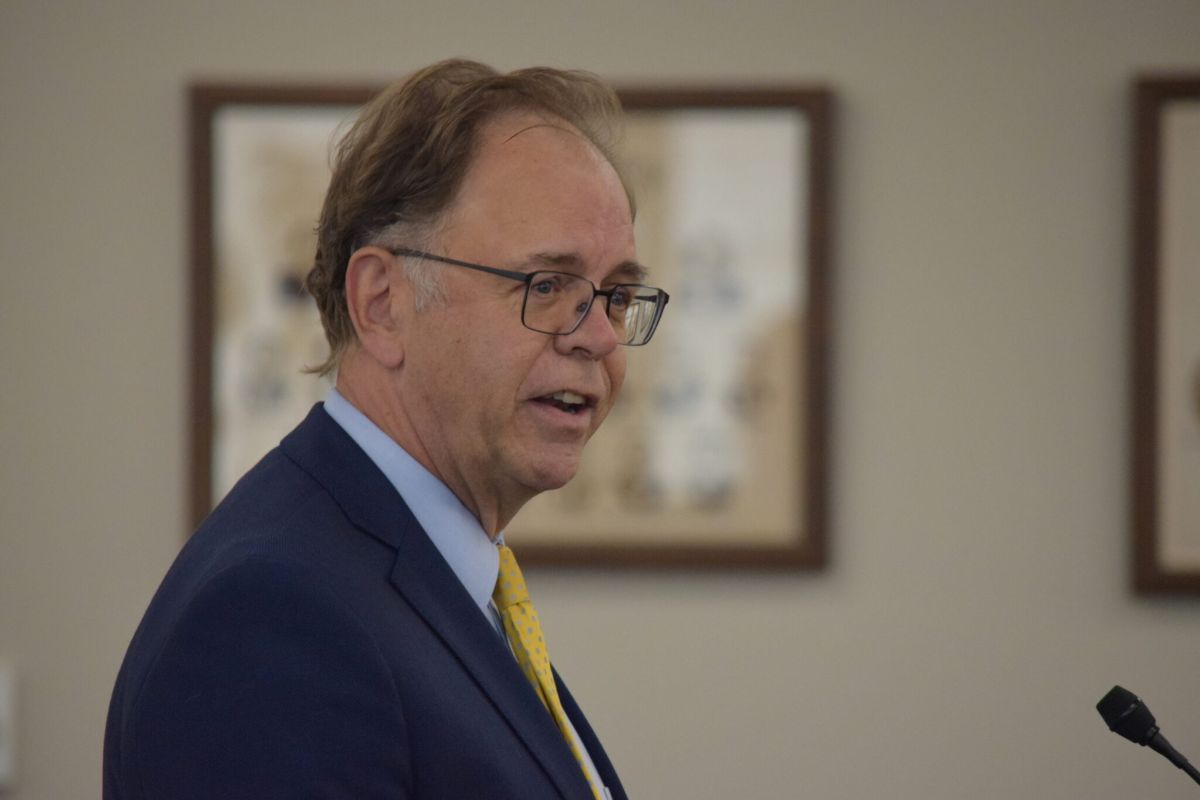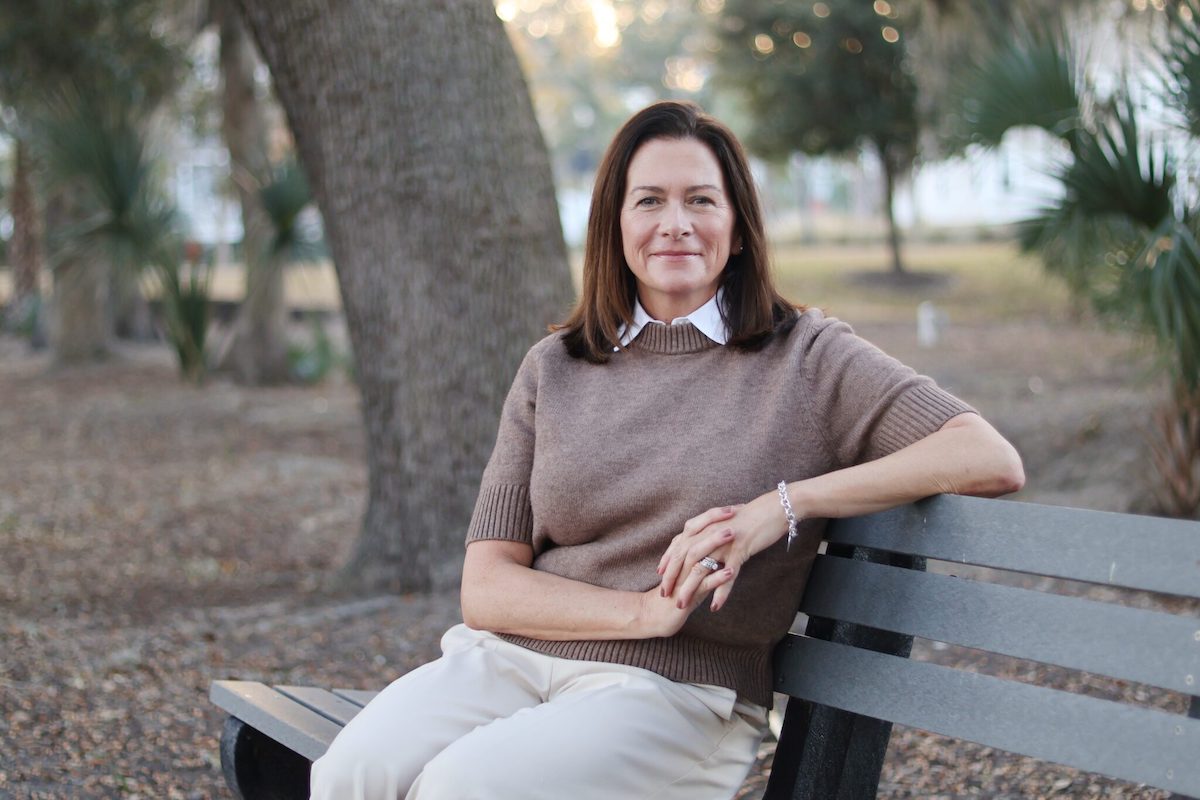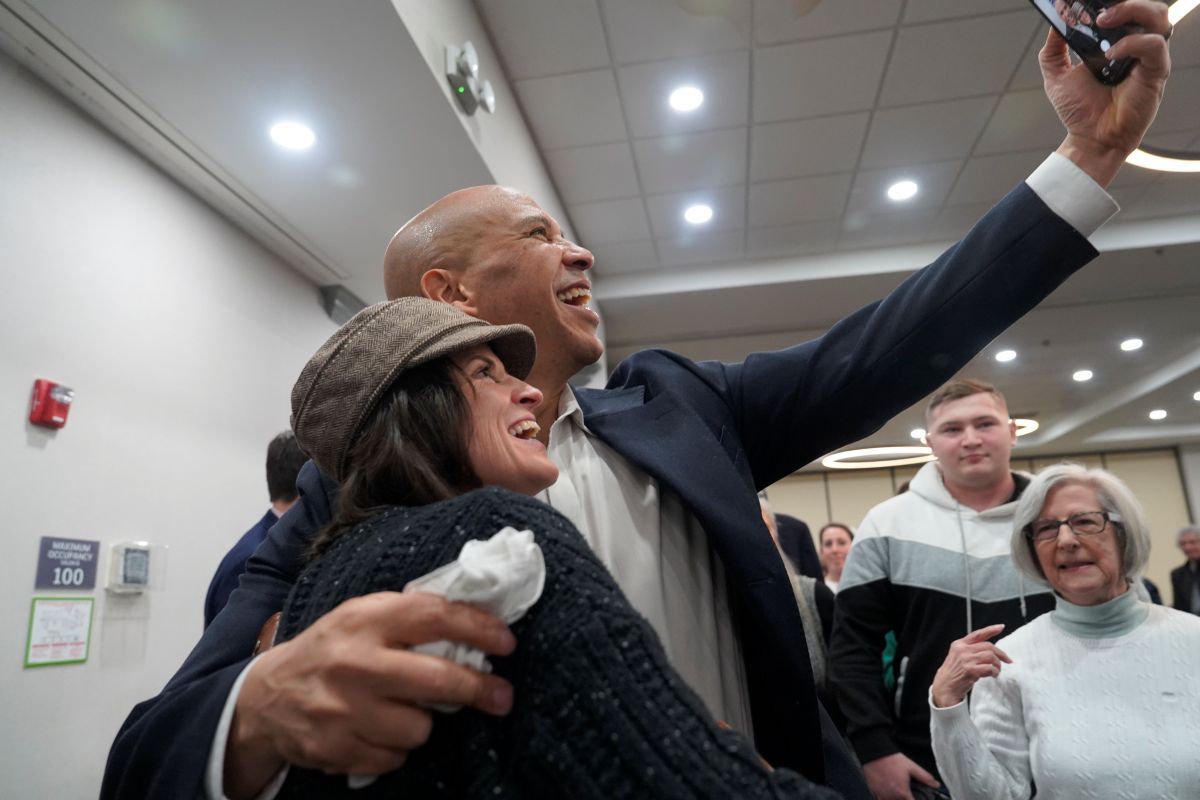In rare contest for re-election, challengers include former House speaker
By Jessica Holdman
SCDailyGazette.com
COLUMBIA — South Carolina Supreme Court Justice John Few defended his vote to strike down the state’s 2021 abortion law as he tries to keep his job on the state’s highest court.
Few and his three challengers appeared Monday before the Legislature’s judicial screening panel. The public hearing took an unexpected turn when it was House Speaker Jay Lucas’ turn to be questioned by his former colleagues. The 68-year-old former GOP speaker said he wouldn’t have to retire at age 72 — a surprise interpretation of state law that prompted a 15-minute exchange with Senate Judiciary Chairman Luke Rankin, the panel’s vice chairman.
Two other judges are vying to replace Few as he seeks re-election to another 10-year term: Administrative Law Court Chief Judge Ralph King “Tripp” Anderson, who has been on the bench for more than three decades, and S.C. Court of Appeals Judge Blake Hewitt, who was elected to the state’s second-highest court in 2019.
It’s the first time in more than 20 years that a sitting South Carolina Supreme Court justice has faced competition to hold onto a seat. The unusual and crowded challenge comes nearly three years after Few joined two other justices in tossing out South Carolina’s 2021 law to ban abortions once an ultrasound detects cardiac activity, considered a six-week ban.
In the 3-2 ruling on Jan. 5, 2023, each of the five justices wrote separate opinions, but Few joined the majority’s conclusion. GOP leaders blasted the ruling, accusing justices of overstepping their authority.
When Statehouse Republicans successfully sought a re-do, they tailored the rewrite specifically to Few’s concerns. When the new version of the law came back before an all-male court later in 2023, it picked up Few’s vote in the 4-1 ruling.
“Without a doubt, the most recent decisions that you have been a majority vote in have created some political consternation for you,” Rankin said.
The Myrtle Beach Republican used a comment submitted anonymously to the screening panel to bring up the ruling. After reading the lawyer’s opinion that Few got it right the first time, before he flipped, Rankin asked Few to respond.
Few noted how unusual it was for him to rule against the Legislature. Since his 2016 election to the state Supreme Court, justices have issued just eight split decisions on a state law’s constitutionality. The 2021 abortion law was the only one he voted to overturn that wasn’t part of a unanimous ruling.
“That actually shows, I think, a great deal of restraint,” Few said.
In his January 2023 opinion, Few cited conflicting language on women’s right to an “informed choice.” He also indicated he might have upheld a ban “despite a complete invasion of a pregnant woman’s right to privacy” if state law had specifically declared that life begins at conception.
“What the Legislature says about its goals and why it’s trying to achieve this goal is important,” Few told the panel Monday.
To flip Few’s vote, Republicans deleted all references to “informed choice” and inserted a finding that “the State of South Carolina has a compelling interest from the outset of a woman’s pregnancy in protecting the health of the woman and the life of the unborn child.”
Few’s term expires July 31, 2026. His election a decade earlier filled the vacancy left when then-Chief Justice Jean Toal retired from full-time work.
Before joining the Supreme Court, Few was chief judge of the state Court of Appeals and a circuit court judge, giving him a total of 25 years on the bench.
Under state law, the 62-year-old justice is eligible to work for another decade, before he reaches the mandatory retirement age for judges. State law requires judges to retire from full-time work by Dec. 31 after turning 72.
Age limits debated
At least, that’s how the law has been widely interpreted.
Lucas, however, presented a different take.
Rankin began his questioning of the former speaker by saying his candidacy “screams politics,” suggesting the age limit could lessen that, since Lucas could be on the bench for only 3 ½ years.
But Lucas said his reading of the law is that the age limit applies only if he chooses to accept a judicial retirement package — and he doesn’t plan to do that.
“I will suggest to you that you are making news irrespective of your candidacy with what you’ve just said,” Rankin responded.
But Lucas doubled-down on his belief that, if elected, he could stay on the Supreme Court for a full 10-year term, despite his being nearly 80 years old by that time.
Staff members for the judicial screening panel previously informed Lucas they disagreed with that opinion. And Rep. Micah Caskey, who chairs the screening panel, cited a 2022 opinion from the attorney general’s office to the contrary.
If the Legislature ended up electing Lucas to the high court, and he insisted on staying, it could be up to the state Supreme Court to ultimately settle the question.
“If I’m wrong, I’m wrong,” Lucas said.
“I think you’re wrong,” Ranking countered.
Of the five vying for the seat, Lucas is the only candidate who’s previously held elected office and has no judicial experience.
The Republican, who works as an attorney in Hartsville, spent 24 years in the state House and nearly eight years as speaker before leaving office in 2022. He then went on to head government relations for the state’s largest hospital system, Prisma Health.
“If your candidacy is successful, it will mean that a sitting justice has not been re-elected, and that you have been elected to the bench without ever having had served as a judge before,” said Caskey, R-West Columbia, inviting his chamber’s former leader to respond.
Lucas said he believes his position as a practicing lawyer, along with his Statehouse experience, actually give him an advantage.
The election by the Legislature is tentatively set for March 4.
This will mark the first election since a law tweaking how legislators pick judges went into effect July 1.
Among the changes are an increase in the number of candidates forwarded to the General Assembly for an election. Instead of limiting the pool to three, the screening panel can send up to six for a vote.
Jessica Holdman writes about the economy, workforce and higher education. Before joining the S.C. Daily Gazette, she was a business reporter for The Post and Courier. S.C. Daily Gazette is part of States Newsroom, the nation’s largest state-focused nonprofit news organization.








